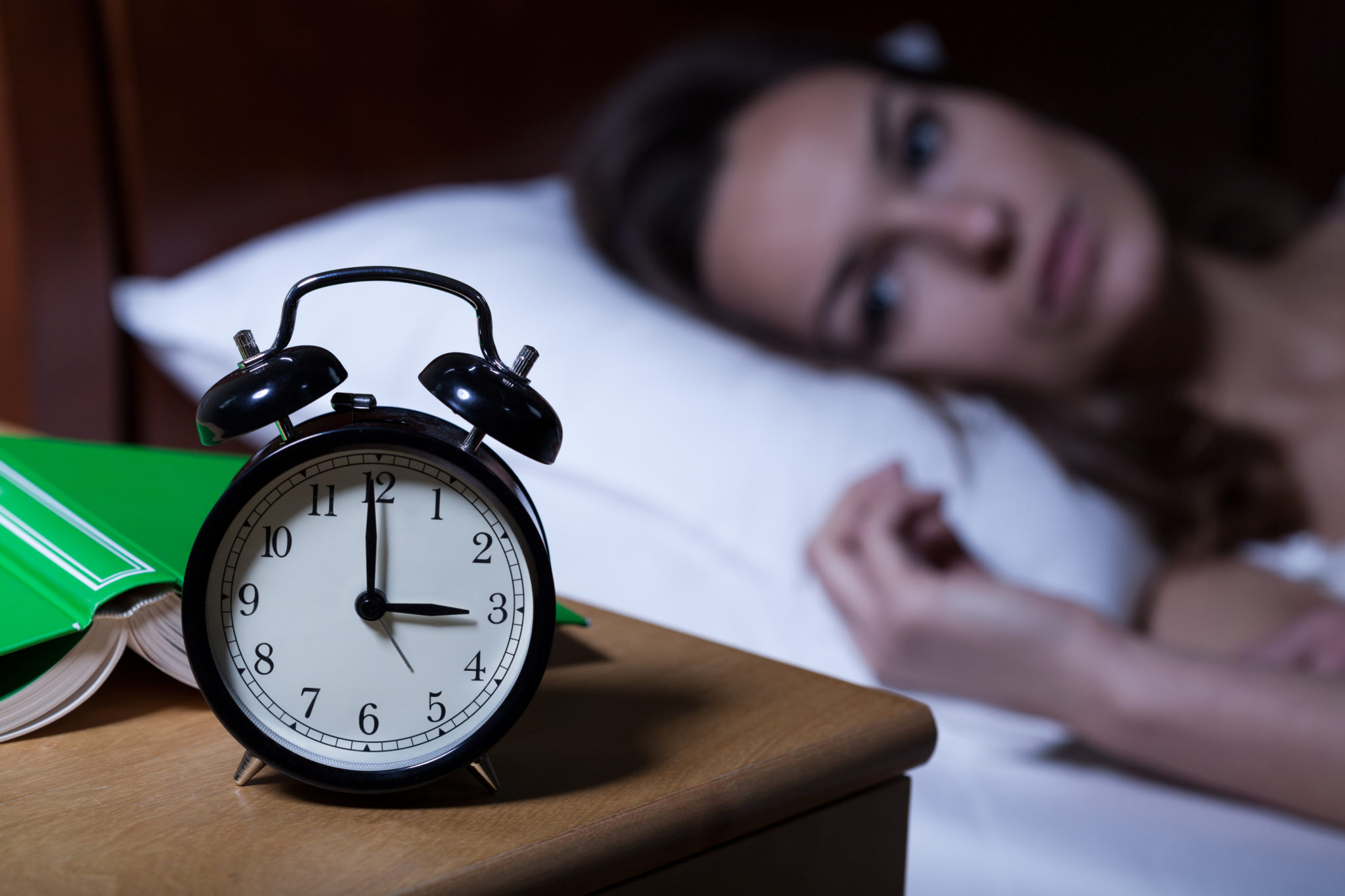
Caffeine-Induced Sleep Disorder is a condition where caffeine consumption disrupts sleep patterns, leading to insomnia or poor sleep quality. Did you know that caffeine, found in coffee, tea, and energy drinks, can stay in your system for up to 10 hours? This means that your afternoon latte might be the culprit behind your restless nights. Surprisingly, even small amounts of caffeine can affect sensitive individuals. Symptoms include difficulty falling asleep, frequent awakenings, and feeling tired during the day. To manage this disorder, consider reducing caffeine intake, especially in the afternoon and evening. Understanding how caffeine affects your body can help you make better choices for a good night's sleep.
What is Caffeine-Induced Sleep Disorder?
Caffeine-induced sleep disorder is a condition where caffeine consumption disrupts sleep patterns. This can lead to difficulty falling asleep, staying asleep, or experiencing restful sleep. Here are some intriguing facts about this condition.
-
Caffeine is a Stimulant: Caffeine works by blocking adenosine, a neurotransmitter that promotes sleep. This keeps you awake but can also interfere with your sleep cycle.
-
Common Sources: Coffee, tea, energy drinks, and even chocolate contain caffeine. Consuming these in large amounts can lead to sleep issues.
-
Half-Life of Caffeine: The half-life of caffeine is about 5-6 hours. This means it takes that long for half of the caffeine to leave your system, affecting sleep if consumed late in the day.
-
Genetic Factors: Some people metabolize caffeine faster due to genetic differences. This can make them less susceptible to sleep disorders caused by caffeine.
-
Tolerance Levels: Regular caffeine consumers may develop a tolerance, needing more to achieve the same stimulating effects, which can worsen sleep problems.
Symptoms of Caffeine-Induced Sleep Disorder
Recognizing the symptoms can help in managing the condition effectively. Here are some common signs to look out for.
-
Difficulty Falling Asleep: One of the most obvious symptoms is trouble falling asleep after consuming caffeine.
-
Frequent Awakenings: Caffeine can cause you to wake up multiple times during the night, disrupting your sleep cycle.
-
Restlessness: Feeling restless or jittery can make it hard to relax and fall asleep.
-
Daytime Sleepiness: Ironically, lack of sleep can make you feel tired during the day, leading to more caffeine consumption and a vicious cycle.
-
Reduced Sleep Quality: Even if you manage to sleep, the quality of sleep may be poor, leaving you feeling unrefreshed.
Long-Term Effects of Caffeine-Induced Sleep Disorder
Long-term sleep disruption can have serious consequences on your health. Here are some long-term effects to be aware of.
-
Chronic Fatigue: Persistent lack of sleep can lead to chronic fatigue, affecting daily activities and overall well-being.
-
Mood Disorders: Sleep deprivation can contribute to mood disorders like anxiety and depression.
-
Cognitive Impairment: Lack of sleep can impair cognitive functions such as memory, attention, and decision-making.
-
Weakened Immune System: Chronic sleep deprivation can weaken your immune system, making you more susceptible to illnesses.
-
Increased Risk of Chronic Conditions: Long-term sleep disruption is linked to an increased risk of conditions like hypertension, diabetes, and heart disease.
Managing Caffeine-Induced Sleep Disorder
Managing this condition involves making lifestyle changes and being mindful of caffeine consumption. Here are some strategies.
-
Limit Caffeine Intake: Reducing the amount of caffeine you consume can help improve sleep quality.
-
Avoid Late-Day Caffeine: Try to avoid consuming caffeine in the late afternoon or evening to prevent sleep disruption.
-
Opt for Decaf: Switching to decaffeinated beverages can help reduce caffeine intake without giving up your favorite drinks.
-
Healthy Sleep Habits: Establishing a regular sleep schedule and creating a relaxing bedtime routine can improve sleep quality.
-
Consult a Healthcare Provider: If sleep issues persist, consulting a healthcare provider can help identify underlying causes and appropriate treatments.
Interesting Facts About Caffeine and Sleep
Here are some additional interesting facts about how caffeine affects sleep and overall health.
-
Caffeine and REM Sleep: Caffeine can reduce the amount of REM sleep, the stage of sleep where dreaming occurs and which is crucial for emotional health.
-
Withdrawal Symptoms: Suddenly stopping caffeine can lead to withdrawal symptoms like headaches, irritability, and temporary sleep disturbances.
-
Caffeine Sensitivity: Some people are more sensitive to caffeine and can experience sleep issues even with small amounts.
-
Age Factor: As people age, they may become more sensitive to caffeine's effects on sleep.
-
Alternative Stimulants: Other stimulants like nicotine and certain medications can also affect sleep, similar to caffeine.
Understanding caffeine-induced sleep disorder can help you make informed choices about caffeine consumption and improve your sleep quality.
Final Thoughts on Caffeine-Induced Sleep Disorder
Caffeine-induced sleep disorder is more common than you might think. Consuming too much caffeine can mess with your sleep cycle, leading to insomnia, restlessness, and daytime fatigue. It's crucial to monitor your caffeine intake, especially in the afternoon and evening. Cutting back on coffee, tea, energy drinks, and even chocolate can make a big difference. If you're struggling with sleep, consider keeping a sleep diary to track your habits and identify patterns. Simple changes like switching to decaf or setting a caffeine curfew can help improve your sleep quality. Remember, good sleep is essential for overall health and well-being. If you continue to have sleep issues, consult a healthcare professional for personalized advice. Taking control of your caffeine consumption can lead to better sleep and a healthier life.
Was this page helpful?
Our commitment to delivering trustworthy and engaging content is at the heart of what we do. Each fact on our site is contributed by real users like you, bringing a wealth of diverse insights and information. To ensure the highest standards of accuracy and reliability, our dedicated editors meticulously review each submission. This process guarantees that the facts we share are not only fascinating but also credible. Trust in our commitment to quality and authenticity as you explore and learn with us.


